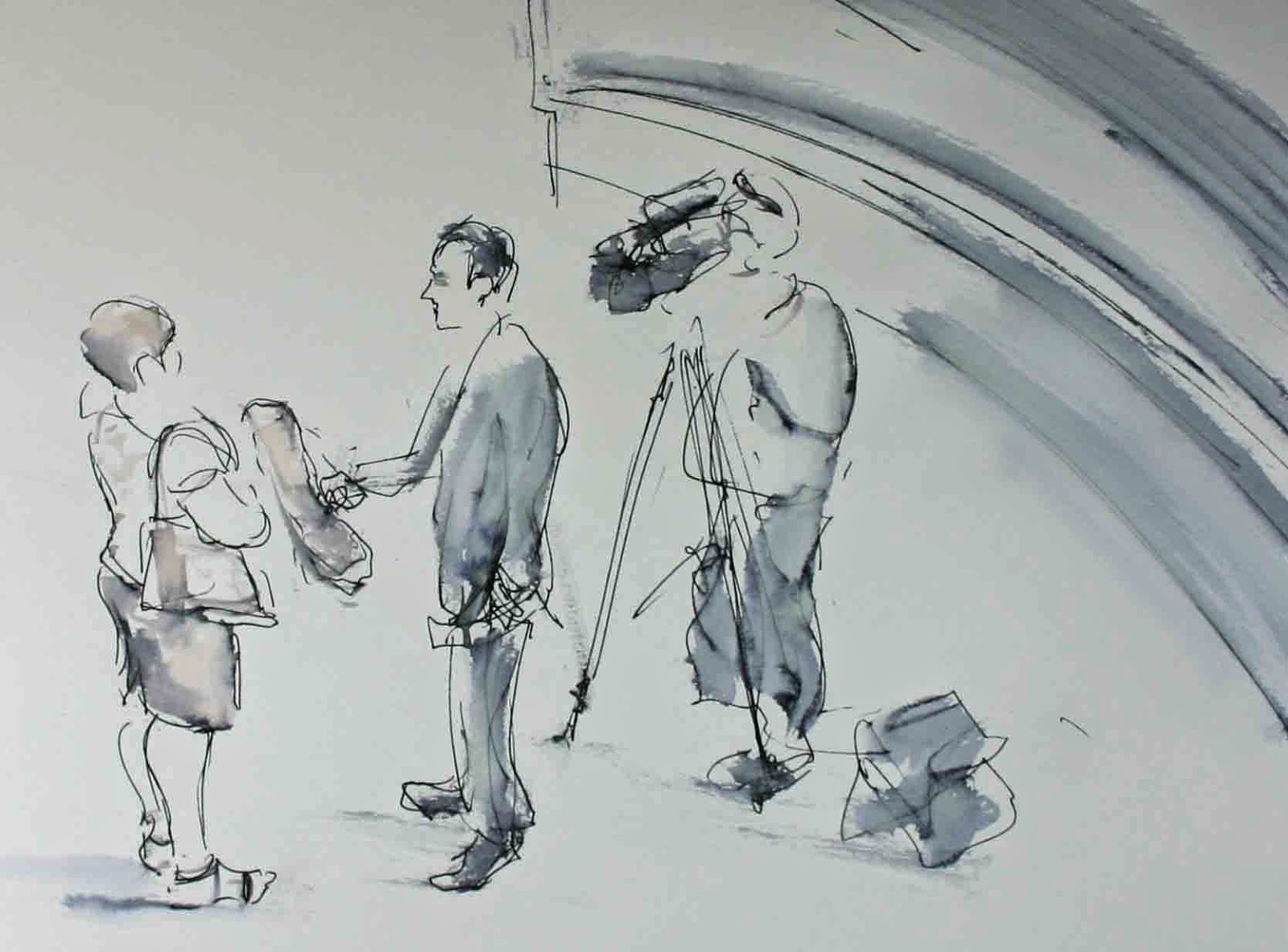On the surface, the Government’s launch of a review into the sustainability of journalism was commendable but cynical onlookers were dubious from the outset. Given the fraught history of media policymaking and the large commercial media groups’ impressive lobbying clout, would smaller players be heard and would the review make recommendations that served a genuine public interest in the free flow of ideas and information?
Dame Frances Cairncross and her advisors, mainly from journalism and media consultancy backgrounds (academics were notably absent), had the unenviable task of cutting through the various agendas being pursued in submissions to the review to reach answers to its central question: ‘whether industry and/or government action might be taken to ensure a financially sustainable future for high quality journalism’? Cairncross identifies court reporting as one area in decline and in need of particular support.
The overall result, published today, is a 157 page report with nine key recommendations to Government including:
- New codes of conduct to ‘rebalance’ the relationship between online platforms and publishers;
- Investigation of the workings on the online advertising market to ensure fair competition;
- Regulatory supervision for online platforms’ efforts to improve users’ news experience;
- The development of a media literacy strategy;
- Assessment of the BBC’s market impact and role;
- Provision of Innovation funding;
- New forms of tax relief;
- Direct funding for local public-interest news;
- The establishment of an Institute for Public Interest News.
There is no guarantee that the proposals of the review will be taken forward (they may, like some of the earlier efforts of the House of Lords select committee on communication, sit dormant till the next review of this sector). But the ideas described below do provide a glimmer of hope for the funding of public interest journalism, such as high-quality law reporting, which has been ill-served by commercial press models in recent years.
Cairncross’s support for the charitable funding of public interest journalism is encouraging to see and could allow charitable funders to support existing or new not-for-profit publishers in expanding their courts and legal coverage. Currently, as I – and others – have documented it is possible to fund journalism charitably but there are numerous practical and legal obstacles to do doing so. Cairncross doesn’t go so far as to recommend the wholesale reform of charity law but suggests that the Government should give ‘proper consideration’ to amending the Charities Act 2011 so that the advancement of journalism sits in law alongside other charitable purposes, with tax relief via other means as an alternative option. In my view, other obstacles will remain even with amendment of the 2011 Act but it’s a useful starting point for the discussion (and picks up on an earlier forgotten recommendation of the House of Lords select committee in 2012).
Court reporting could also be bolstered by direct funding for local public interest news. Cairncross recommends that the current Local Democracy Reporting Service, in which the BBC funds reporters based at external news organisations, should be expanded, though she suggests that the scheme needs independent review and, eventually, to be managed by a new Public Interest Reporting Institute. She nods to critics of the scheme who are concerned that its objectives are not currently being delivered, with three news groups holding the majority of the contracts. A re-design of this scheme, which allows the participation of smaller players as well as large organisations, is essential, in my view.
Clearly, court reporting is a key concern for the Cairncross Review, within the broader category of public interest journalism. As well as citing the decline of this activity (pointing to Brian Thornton’s work in this area), the review mentions opportunities afforded by digital courts reform, such as the provision of online court listings and full video hearings (p.78). My enduring concern here is that the Government and Judiciary needs to publicly consult on these proposed changes and the likely legal and social implications. While HMCTS is engaging with some media representatives at present, the exercise needs to be far wider and more open.
Overall, I am reassured by the tenor of the report. Cairncross recognises that large media groups have made financial decisions that have detrimentally impacted the delivery of public interest journalism (e.g. reducing staffing, closing local offices) and that new mechanisms of public subsidy and support must be independently managed and audited rather than controlled by industry.
I am, however, less confident in the Government’s likely response given its track record in media policymaking which has tended to be heavily swayed by the large newspaper groups (whose support politicians rely on at election time). Cairncross’s recommendations on public interest journalism support are not so very dissimilar from those made by the House of Lords committee in 2012: what will make the Government take the proposals seriously this time?
I hope I’m being unduly pessimistic. The culture secretary Jeremy Wright MP’s parliamentary statement in response to the report indicated that he was amenable to exploring the charity reform recommendation and has written to the Charity Commission accordingly. He also did not reject other proposals out of hand, such as the creation of the new Institute, and has said the Government will explore options further.
Dr Judith Townend is lecturer in media and information law at the University of Sussex, with research interests in public interest reporting and freedom of expression. She began looking at the concept of charitable journalism in 2013 as part of an AHRC research project on media power and plurality and provided the UK case study for a Reuters Institute comparative report in 2016. More details of her research here.







Freedom of the Press